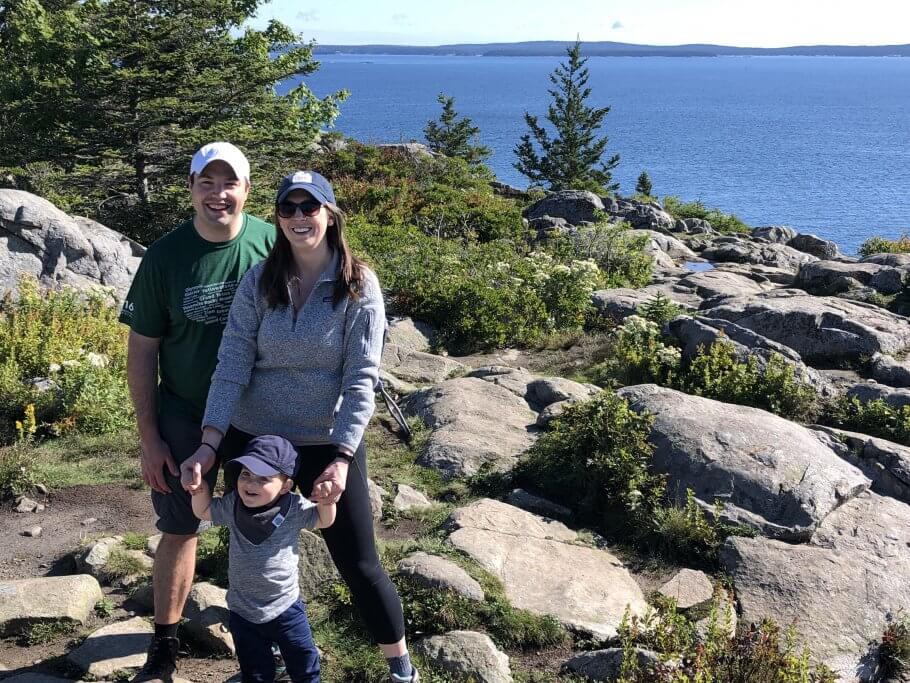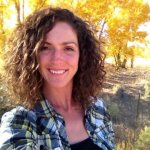Stephanie Heidbreder
Originally from Maryland, Stephanie Heidbreder (she/her) still lives and works there, on Piscataway and Susquehannock lands.
Stephanie joined River Network in 2024. As the Urban and Community Forestry Director, Stephanie oversees our work to implement and administer an urban and community forestry regrant and capacity building program for low tree canopy communities.
Before joining River Network, Stephanie was the Delaware River Program Director at the National Fish and Wildlife Foundation, where she managed a multi-million-dollar fund for habitat and water quality restoration projects in the Delaware River Watershed. Prior to that, she advocated for clean water policies and large-scale ecosystem restoration funding at the National Parks Conservation Association and led education and outreach events at an urban forestry non-profit in Washington, DC. She has a Master’s degree from the University of Maryland’s Marine, Estuarine and Environmental Sciences program and a Bachelor’s degree in Biology and Environmental Science from Rhodes College.
Outside of work, Stephanie is chasing around her preschooler, trying to be outside as much as possible, and spending time with family and friends over a good meal or a fun board game.

Stephanie and her family in Acadia National Park a couple years ago; Maine is one of their favorite places.
What motivates you to go to work everyday?
With my previous roles and now at River Network serving as a funder, it’s so energizing to get a sense of the variety and impactful conservation work happening on the ground. There are so many dedicated individuals and organizations making a difference in their communities and it’s motivating to play a small role in ensuring that work can be done.
What called you to work in water?
Growing up near the Chesapeake Bay with a water-loving family, I was fortunate to have lots of early experiences in and around the United States’ largest estuary. As I grew up, the discourse around ‘saving the bay’ was ever-present and I became aware and interested in water quality and how it’s impacted by so many factors and sectors. As a tree lover, I’ve always been impressed by how many benefits trees provide, including water quality and quantity benefits as they absorb runoff, stormwater, and filter pollutants.
If you didn’t work in water or conservation, what would you be doing?
With my love of the outdoors, even if I wasn’t directly doing conservation work, I think I would have pursued positions that had a connection to nature and the outdoors. I thought of becoming a botanical illustrator or working at a forest kindergarten.
How do you recharge outside of work?
Hiking or taking long walks with my birder husband, curious son, and energetic dog. I also enjoy reading and having old-fashioned phone calls to catch up with friends and family as a way to recharge.







